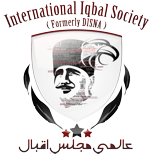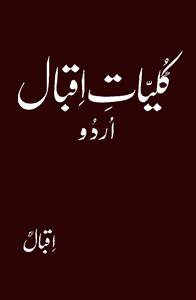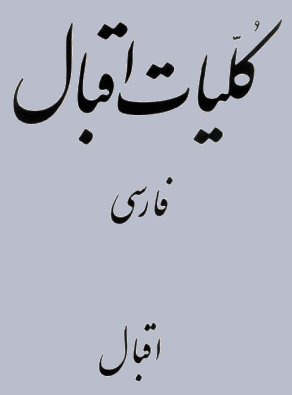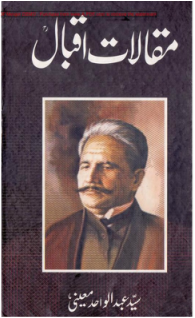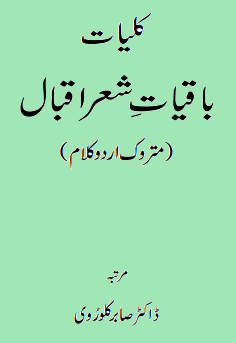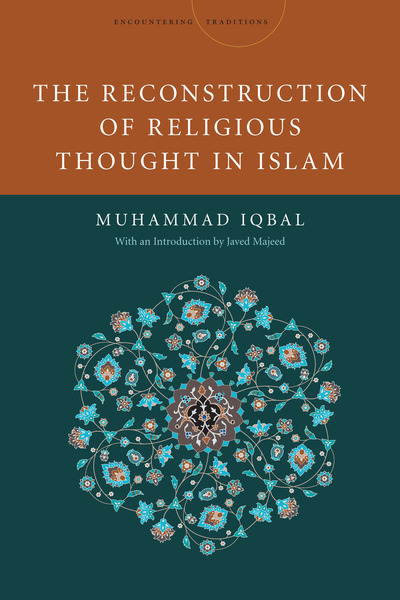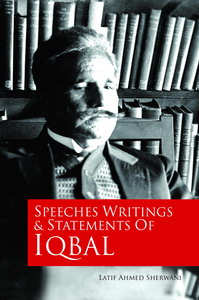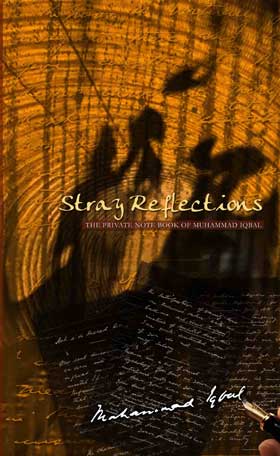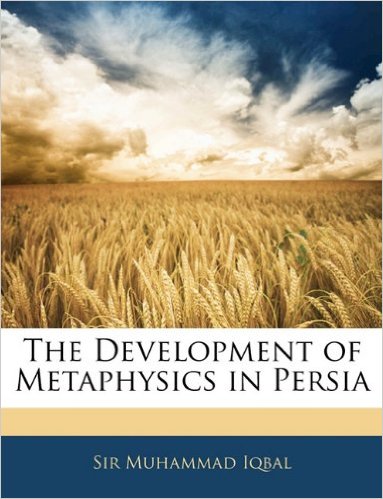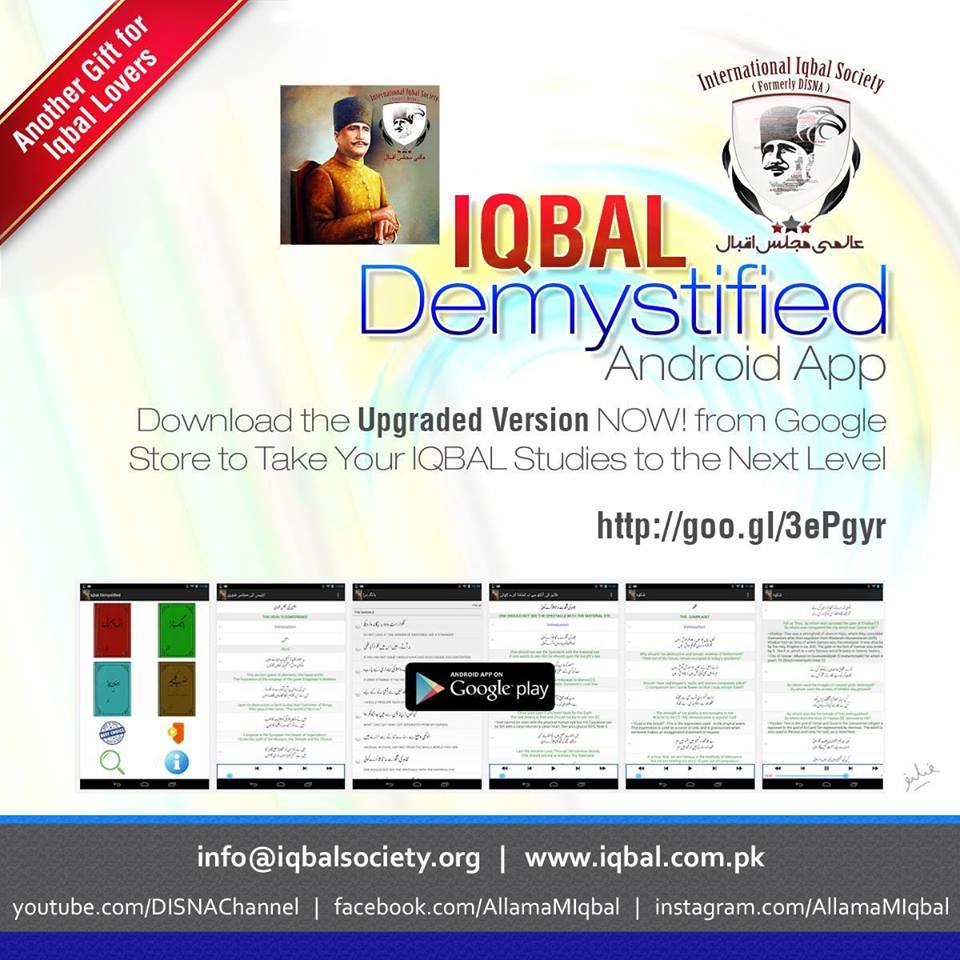Iqbal – The Prophet of Muslim Renaissance
By Justice (R) S.A. Rahman
The spirit of nineteenth century liberalism had acted as a catalyst for the emergence of freedom movements in all colonial and semi-colonial countries. India shared this ferment with other countries. India shared this ferment with other countries under the yoke of Western imperialism, in the beginning of the twentieth century. It is not surprising; therefore, that Iqbal started his intellectual carrier as an ardent Indian nationalist. Such poems as ‘Himala’ ‘Tasvir-i-Dard’ and ‘Naya Shivala’ are fairly representative of this early phase of his poetics. His stay in the West, for higher education, from 1905 to 1908, enabled him to foresee the disastrous directions in which the political doctrine of territorial nationalism was recently driving Europe. A close study of the Socio-political developments in the West had lent a new dimension to his thought. He then realized that territorial patriotism was not enough and that this kind of earth-rooted- ness would circumscribe human vision to parochial horizons. Humanity needed a principle of socio-political organization, which could enable it to trace all barriers of geography, race, language and culture. In his sixth lecture on the Reconstruction of Religious Thought in Islam, Iqbal formulated his views in these terms:-
“Humanity needs three things today- a spiritual interpretation of the universe, spiritual emancipation of the individual, and basic principles of a universal import directing the evolution of human society on a spiritual basis. Modern Europe has, no doubt, built idealistic systems on these lines, but experience shows that truth revealed through pure reason is incapable of bringing that fire of living conviction which personal revelation alone can bring. This is the reason why pure thought has so little influenced men, while religion has always elevated individuals, and transformed whole societies.1″
A survey of Iqbal’s works would reveal that he had made it his life’s mission to provide the intellectual framework for the achievement of this ideal. The Islamic values of life appealed to his philosophic mind as a system eminently fitted to be the institutional base for his humanistic mission. That its source was revelation was not, in his view, inconsistent with a rational approach to the problem of life. He says “The world life intitutively sees its own needs and at critical moments defines its own direction. This is what, in the language of religion, we call prophetic revelation.2″
The concept of Islamic polity is thoroughly imbued with the principle of Unity (Tauhid). This leads to equality, solidarity and freedom of mankind, from all shackles, its rejection of kindship or territorial or linguistic affinity as the basis of socio-political organization in favour of an idealistic principle of unification, raises it to the level of universalism. It is remarkably free from dogma. In it the loyalty of the individual is not to thrones but to his own idealistic aspirations in the shape of the Law of God. Iqbal sponsored the Islamic system of thought and actions as Part of his philosophy, on account of these features and not because of traditional predilection for an ancestral religion. To charge him with parochialism, on this ground, as some narrow-minded critics have done, is to misunderstand the essentially humanistic viewpoint of Iqbal.
The soundness of a society depends on the character and worth of the individuals that compose it. Reality, according to Iqbal is a spiritual pluralism, consisting of directive centers of energy. All life is individual and God Himself is the most unique individual. Iqbal’s philosophy revolves round the axis of the ego or self and this is an ever-recurring theme in his poetry. He sets the highest value on the rearing of self –concentrated individuals who by a life of ceaseless and fully disciplined endeavor, in pursuit of ever-fresh ideals, have attuned their personalities to God’s attributes and raised themselves to the ethical heights of God’s Vice-regency on earth. Iqbal waged a constant war against the enervating ideas of fatalism and pantheistic mysticism, that had robbed the Islamic community of its original dynamism and afflicted it with another wordly outlook, indifferent to the concrete reality around us. He placed before the individual the prospect of ever-fresh worlds to conquer, provided he could equip himself with the requisite knowledge and idealism. He has expounded his philosophy of the ego, as an ordered system, in his “Asrar-i-Khudi (the Secrets of the Self).
The individual’s personality, according to Iqbal, reaches its full fruition in a well knit fraternity, inspired by a common ideal in which the welfare of everyone is the welfare of all. The individual scorns delights and lives laborious days, for the benefit of the community. The individual’s wealth is a trust in his hands and all that is over and above his needs is available for the uplift of the disabled and the needy of the community and the neighbour and the way-farer to whatever creed they may owe allegiance. Ramuz-i-Bekhudi (Secrets of selflessness) is devoted to this theme of collective organization.
The Iqbalian prescription for the malady of intellectual stagnation that has become a symbol for the backwardness of the Muslim Community in the international race for material and political advancement, is the revival of Ijtihad (re-interpretation of fundamentals according to the exigencies of time and space) and Ijma’ (consensus of the community). The scientific method which is the pride of the West today is, historically speaking, a gift of Islamic culture in its heyday to a Europe awakening from medieval slumber. Its reappropriation by the Muslims, Iqbal pointed out, would only mean the regaining of their own lost heritage. The notion that Islamic law was incapable of evolution was described by him as a myth.
The Islamic community is destined to serve as the nucleus of a universal human association. In the words of Iqbal, “Islam in non-territorial in character and its aim is to furnish a model for the final combination of humanity by drawing its adherents from a variety of mutually repellent races and then transforming this atomic aggregate into a people possessing a self-consciousness of their own.
But at the same time Iqbal issued a warning against over-Organization of society which crushes all individuality and insists on a dead uniformity, leaving no room for original thought and action even within the bounds of fundamental national ideology. The cementing bond of society should be mutual respect and a sense of social cohesion. All systems of thought that preach undemocratic and inhuman class hatred are anathema to Iqbal. Capitalism and Marxism are regarded by him as two mill-stones crushing humanity between them as if it were brittle glass. He recommended the golden mean of the Islamic system between the two extremes, as one likely to yield the best social results. In his seventh lecture entitled. “Is Religion Possible?” he has summed up the present human situation in the following significant passage:-
“Both Nationalism and atheistic Socialism, at least in the present state of human adjustments, must draw upon the psychological forces of hate, suspicion, and resentment, which tend to impoverish the soul of man and close up his hidden sources of spiritual energy. Neither the technique of medieval mysticism, nor materialism, nor atheistic socialism can cure the ills of a despairing humanity. Surely the present moment is one of great crisis in the history of modern culture. The modern world stands in need of biological renewal. And religion, which in its higher manifestations is neither dogma, nor priesthood, nor ritual, can alone ethically prepare the modern man for the burden of the great responsibility which the advancement of modern science necessarily involves, and restore to him that attitude of faith which makes him capable of winning a personality here and retaining it hereafter. It is only by rising to a fresh vision of his origin and future, his whence and whither, that man will eventually triumph over society motivated by an inhuman competition and a civilization which has lost its spiritual unity by its inner conflict of religious and political values3.”
It is clear that Iqbal visualized a dynamic and progressive interpretation of the Islamic ideal which makes his message universal.
NOTES AND REFERENCES
- Allama, op cit p. 142
- Allama, op cit p. 117
- Allama, op.cit p. 149
Source:
Iqbal and Muslim Renaissance
by Justice (R) S.A. Rahman
